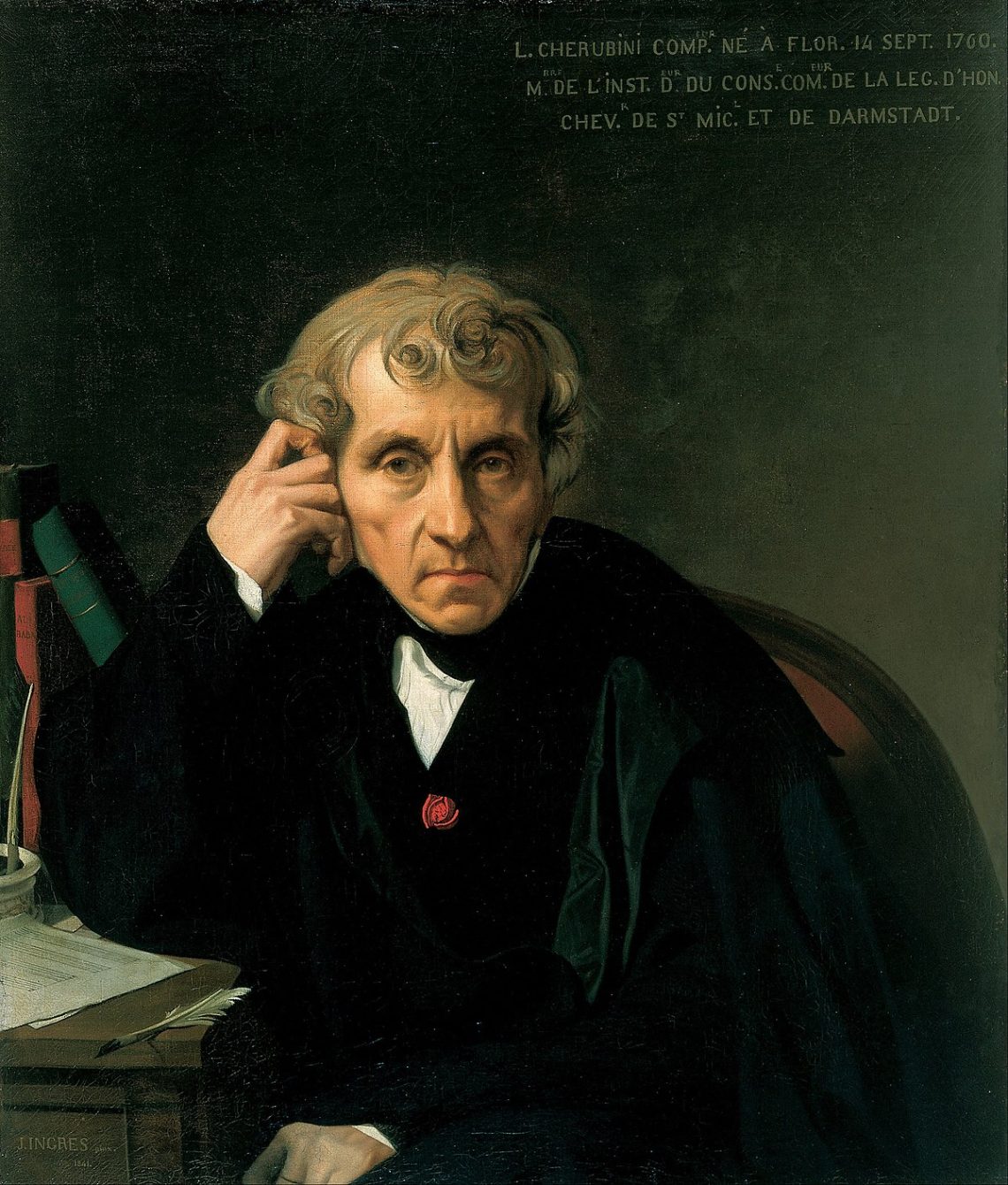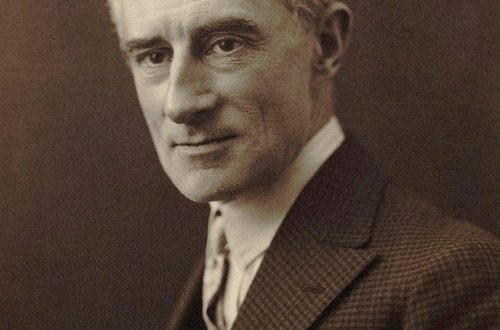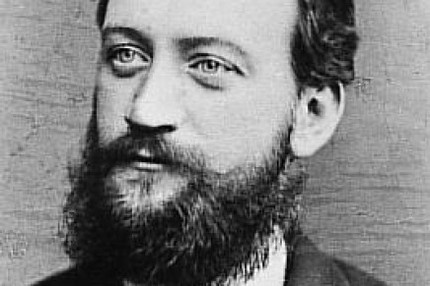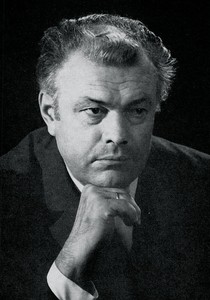
Luigi Cherubini |
Luigi Cherubini
In 1818, L. Beethoven, answering the question of who is now the greatest composer (excluding Beethoven himself), said: “Cherubini.” “Outstanding person” called the Italian maestro G. Verdi. Cherubiniev’s works were admired by R. Schumann and R. Wagner. Brahms had a strong attraction to the music of Cherubini, called the opera “Medea” “a beautiful work”, which he was unusually captured. He was given credit by F. Liszt and G. Berlioz – great artists, who, however, did not have the best personal relationship with Cherubini: Cherubini (as director) did not allow the first (as a foreigner) to study at the Paris Conservatory, although he accepted the second its walls, but strongly disliked.
Cherubini received his primary musical education under the guidance of his father, Bartolomeo Cherubini, as well as B. and A. Felici, P. Bizzari, J. Castrucci. Cherubini continued his studies in Bologna with G. Sarti, the most famous composer, teacher, and author of musical and theoretical works. In communication with a great artist, the young composer comprehends the complex art of counterpoint (polyphonic polyphonic writing). Gradually and perfectly mastering it, he joins the living practice: he masters the church genres of the mass, litany, motet, as well as the most prestigious secular genres of the aristocratic opera-seria and the opera-buffa that is widely used on the city opera stages and stage. Orders come from Italian cities (Livorno, Florence, Rome, Venice. Mantua, Turin), from London – here Cherubini serves as court composer in 1784-86. The talent of the musician received wider European recognition in Paris, where Cherubini settled in 1788.
His entire further life and creative path is connected with France. Cherubini is a prominent figure in the French Revolution, the birth of the Paris Conservatory (1795) is associated with his name. The musician devoted a lot of energy and talent to its organization and improvement: first as an inspector, then as a professor, and finally as a director (1821-41). Among his students are major opera composers F. Ober and F. Halevi. Cherubini left several scientific and methodological works; this contributed to the formation and strengthening of the authority of the conservatory, which eventually became a model of professional training for younger conservatories in Europe.
Cherubini left a rich musical legacy. He not only paid tribute to almost all contemporary musical genres, but also actively contributed to the formation of new ones.
In the 1790s together with his contemporaries – F. Gossec, E. Megul, I. Pleyel, J. Lesueur, A. Jaden, A. Burton, B. Sarret – the composer creates hymns and songs, marches, plays for solemn processions, festivities, mourning ceremonies Revolutions (“Republican Song”, “Hymn to the Brotherhood”, “Hymn to the Pantheon”, etc.).
However, the main creative achievement of the composer, which determined the place of the artist in the history of musical culture, is connected with the opera house. Cherubini operas in the 1790s and the first decades of the XNUMXth century. summarize the most striking features of the Italian opera seria, French lyrical tragedy (a kind of magnificent court musical performance), French comic opera and the latest musical drama of the opera theater reformer K. V. Gluck. They herald the birth of a new genre of opera: the “Opera of Salvation” – an action-packed performance that glorifies the fight against violence and tyranny for freedom and justice.
It was Cherubini’s operas that helped Beethoven in choosing the main theme and plot of his only and famous opera Fidelio, in its musical embodiment. We recognize their features in G. Spontini’s opera The Vestal Virgin, which marked the beginning of the era of great romantic opera.
What are these works called? Lodoiska (1791), Eliza (1794), Two Days (or Water Carrier, 1800). No less famous today are Medea (1797), Faniska (1806), Abenseraghi (1813), whose characters and musical images remind us of many of the operas, songs and instrumental works of K. M. Weber, F. Schubert, F. Mendelssohn.
Cherubini’s music possessed in the 30th century. great attractive force, as evidenced by the keen interest in it of Russian musicians: M. Glinka, A. Serov, A. Rubinstein, V. Odoevsky. Author of over 6 operas, 77 quartets, symphonies, 2 romances, 11 requiems (one of them – in C minor – was performed at the funeral of Beethoven, who saw in this work the only possible role model), XNUMX masses, motets, antiphons and other works , Cherubini is not forgotten in the XNUMXth century. His music is performed on the best opera stages and stages, recorded on gramophone records.
S. Rytsarev





